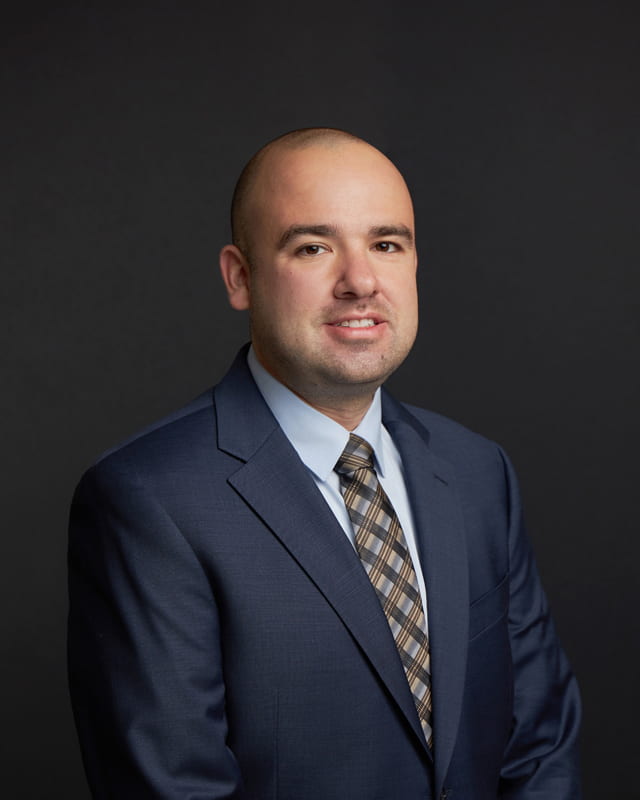Stephen Mendelshon

The Philosophy Department at Providence College has had an immeasurably transformative impact on the course and shape of my life. I entered PC as a political science major with the intention of going on to law school, but when I was exposed to the study of philosophy by Professor Giuseppe (Joe) Butera, through his lectures for my freshman DWC class, I immediately became fascinated by philosophy itself and the kind of questions that philosophers have grappled with throughout the history of the field.
Inspired by my time with Professor Butera, I very quickly declared a second major in philosophy, and I chose to focus my political science studies in the area of political theory and philosophy with the guidance of Professor Mary Bellhouse (Political Science). In my philosophical work as an undergraduate, I was especially drawn to the areas of ancient philosophy and the contemporary continental tradition. In my junior year, I had the pleasure of meeting Professor Peter Costello through his course on Existentialism. Professor Costello became a close advisor of mine, a mentor, and a very good friend. With his encouragement especially, I began to see that the study of philosophy beyond the undergraduate level was something that was possible for me.
By the time I graduated from PC, I had decided that I most definitely wanted to pursue the life of philosophy at the graduate and professional level. With the unwavering support of Professor Costello and others, after a brief stint in the corporate world, I was accepted into the MA program in philosophy at Boston College in 2013 and subsequently into the Ph.D. program there. Refocusing my studies and my area of specialization in ancient philosophy, I successfully defended my dissertation, The Place of Trust in Plato’s Republic, in September of 2021. Because of the rigor and the scope of the philosophy major at PC, I found myself very well-prepared to participate in graduate level seminars and work, given the deep grounding in the history of the field that I had received. Because of the way in which philosophy is taught at PC, I learned to see philosophy not as a disconnected series of arguments, treatises, and positions, but rather as a living, breathing, and ongoing conversation between the great thinkers of the history – regardless of era or discipline. This is an experience of the field which I now strive to pass along to my own students, and my teaching certainly bears the mark of every teacher from PC who helped to mold and shape my thinking and my outlook on philosophy. I owe a deep debt of gratitude to both the Philosophy and Political Science Departments at Providence college – and especially to all of the teachers there who opened up this pathway for me. There are too many to list here – but I am forever thankful to them for their generosity and commitment to their students.





